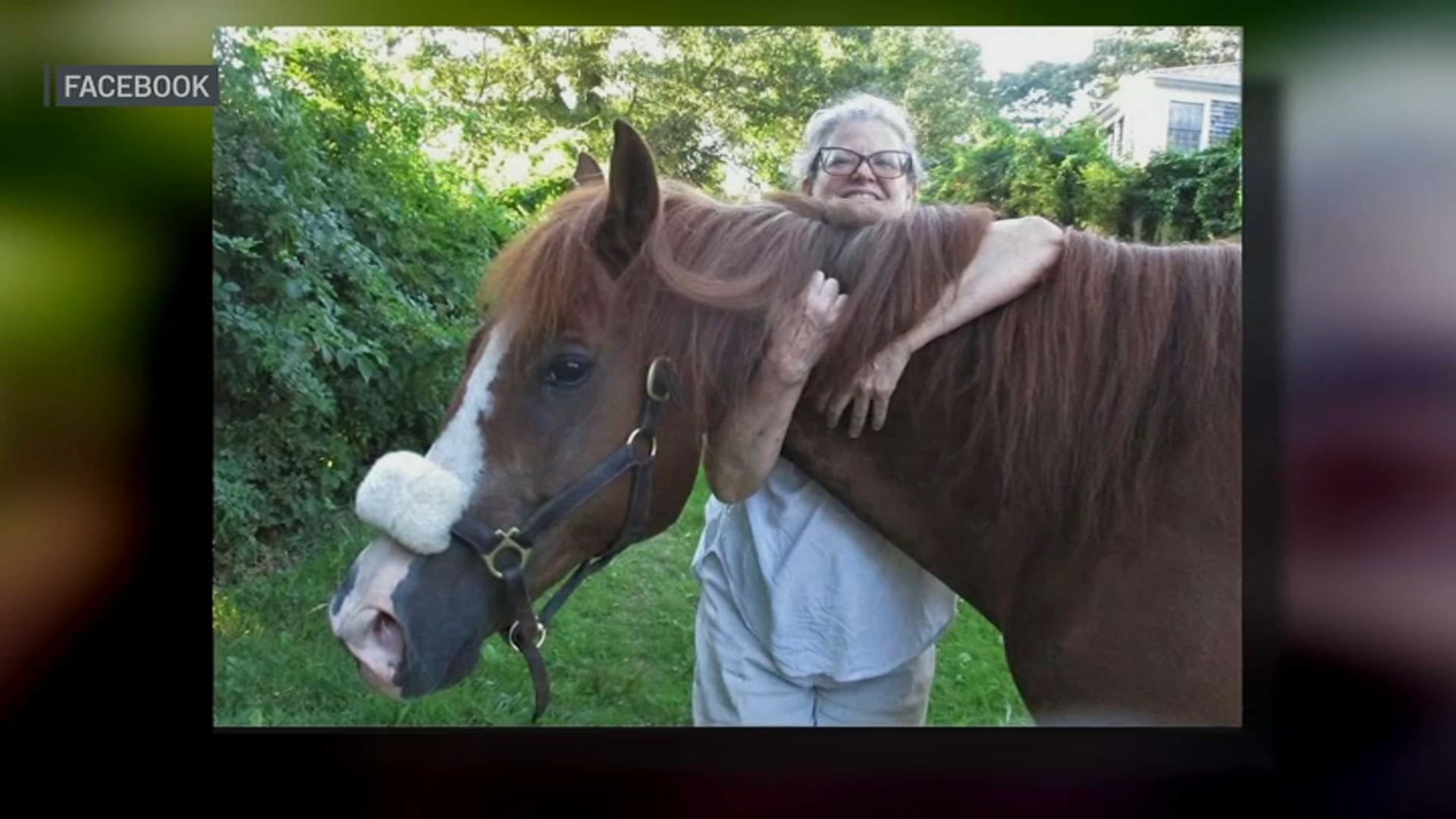Sitting in his Weymouth apartment, Mike Carfagna says he feels trapped by his body and circumstance.
“I had a trach in my throat. I had a brain hemorrhage. I had a torn aorta, fractured diaphragm, broken ribs, lacerated liver, bruised kidneys, ” Carfagna said matter-of-factly.
Doctors say Carfagna will limp, suffer from memory loss and be on a cocktail of medications for the rest of his days.
“This guy has changed my life forever.”
The 40-year-old father and former handyman was hit by an alleged drugged driver last February while he was walking on the sidewalk along route 18 in Weymouth.
“I remember waking up four weeks, three-and-a-half weeks later,” Carfagna said.
52-year-old Thomas Mohan fell flat on his face during field sobriety tests. Police say he was drunk and high on prescription drugs when the SUV he was driving hit Carfagna.
Local
In-depth news coverage of the Greater Boston Area.
Mohan pled not guilty and is awaiting trial. His is one of hundreds of drugged driving cases last year alone.
OUI-drug citations have soared more than 225 percent in recent years, from 658 in 2010 to 1,537 in 2015.
“That’s just...should be frightening to all of us,” Suffolk County District Attorney Dan Conley said.
Conley is not tied to the Mohan case, but knows all too well the challenges faced in drugged driving cases.
“We have tools that are able to detect and pinpoint really the ingestion of alcohol,” he said. “We don’t have that in this situation.”
Tools, he means, to combat drugged driving – in the wake of the opioid epidemic and the legalization of medical and recreational marijuana.
“Do you feel behind?” we ask him. "Yes," he answered. “We are, we’re definitely playing catch up.”
The state does not have an approved roadside drug test, like a breathalyzer for alcohol. Massachusetts State Police are testing one, but it is a slow process. There is also a shortage of drug recognition experts. The specially-trained police officers are better able to spot high drivers and their testimony can help prosecutors build a stronger case. And, finally, Massachusetts does not have what’s called a per se limit for drugs. For alcohol, the per se limit is point 08. Too drunk to drive. Conley supports per se limits, but critics argue different drugs affect people differently and it's harder to measure.
“You’re basically giving people a license to kill,” said Candace Lightner who heads the non-profit We Save Lives.
Lightner founded Mothers Against Drunk Driving in 1980, but has shifted her focus to drugged driving saying the issue is not getting enough attention.
“I think the biggest problem we have is legislators who are still either in denial about the problem of drugged driving or who haven’t been educated enough about the solutions,” she said.
Carfagna who is buckling under the weight of medical bills and hasn't been able to find work, prays solutions come soon.
“Something has to change,” he said. “They definitely gotta do something.”
Senator Jason Lewis (D-Winchester) has proposed a bill that would set per se limits for marijuana. Hearings are expected to start later this month.



